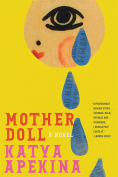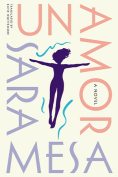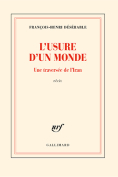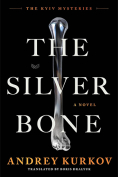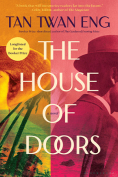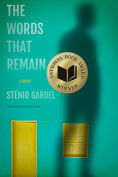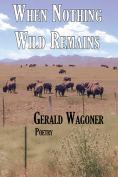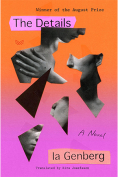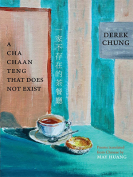Burma Sahib by Paul Theroux
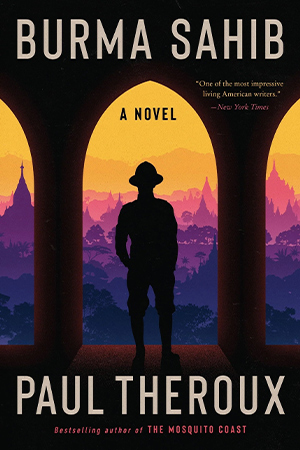 New York. Mariner Books. 2024. 400 pages.
New York. Mariner Books. 2024. 400 pages.
Paul Theroux’s Burma Sahib opens with a breeze-rumpled view of young Eric Blair, standing on the bow deck of the Herefordshire, his Eton tie fluttering as the ship’s engines accelerate toward the Indian Ocean, toward the British Empire and its outposts. This first glimpse of the anxious protagonist, who has left behind the top hat, tailcoat, and Greek lessons of his private school and is on his way to Rangoon, contains another self, detached and watchful, who knows “what the young man was hesitant to admit: that he was uncertain; that he really didn’t have a clue; that he was to be a policeman.”
This other observant self accompanies nineteen-year-old Blair to Rangoon and then further, to Mandalay, as a police candidate on probation, and then to various postings: Myaungmya, Twante, Insein. It conveys his unease, his alienation from the other candidates, his abhorrence of the club and its expensive drinks. It tells of his love for the natural world—the peepul trees, the paddy fields, the elegant symmetry of Mandalay Hill. It watches a cane being lifted and then smacking down on a slender back. It draws attention to his secret life—reading, making lists of foliage, and Hindi and Burmese words, sexual trysts at riverside pavilions, and in the brothels of Monkey Point. It follows Blair on assignments; it observes him write “I am not cut out for this” in unsent letters to his parents. It accompanies him to a pagoda where a sayadaw declaims against the British Empire: “The British have made Burma a prison.”
Burma Sahib reimagines George Orwell’s tenure as an imperial police officer in Burma. He spent five years, from 1922 to 1927, there—hectic, confounding years that provided material and insight for his writings, in particular his first novel, Burmese Days (1934). Theroux’s Eric Blair, not yet “George Orwell” the writer, is painfully aware that he is no pukka sahib: “He was a doubtful sahib, a melancholy sahib, a sad Burma sahib, in his heart not a sahib at all, and embarrassed divulging his age.” In his acute self-consciousness, he offers a view of empire that is casually savage. Blair is complicit in its savagery—he strikes a Burmese schoolboy with a cane, prompting the child’s outraged friends to declare: “We will not go away. This is our country!” He also kicks his dhobi.
Theroux depicts an empire whose stooges must have schooners of sherry, bottled peas, Yorkshire pudding. An empire with khidmatgars who iron copies of the Illustrated London News and the Westminster Gazette. An empire where monks are sent to solitary confinement for making inflammatory speeches. Theroux, compulsive traveler and chronicler, delineates a geography claustrophobic with heat, rank with the smell of old rivers, dotted with bungalows, pagodas, church steeples, high grass, frothy creeks, and trees: peepul, ficus, cotton, mulberry. The narrative flits from light to shadow—the incandescence of day, the muted hues of dusk, the soft glow of lamps in the night. It pauses to notice characters framed by windows and arches; for instance, the image of a man working at his sewing machine, framed by an archway, is a smidgen of beauty and brings to mind other windows that frame other scenes in his 1975 travelogue, The Great Railway Bazaar: By Train through Asia.
The landscape of Burma Sahib is sonic with the clop of hooves, the whine of mosquitoes, the hum of crickets, hooting ferries, clattering cranes. Books are strewn across its bungalows and chummeries: As You Like It, Martin Eden, On a Chinese Screen, Women in Love. During the course of a dinnertime conversation, Blair’s superintendent in Twante, Oliphant, dismisses D.H. Lawrence as “Rather common and carnal. . .”
Carnality, or “the slap of bodies, the bump of bone on bone,” thrills Blair; it deepens his understanding of the body and its frenzied possibilities. But in noticing the gauzy white blouse and raw silk lungyi of a Burmese housemaid, in craving her fragrant and petite body, Blair the sahib is often Blair the lascivious white sahib. And in describing his desire for local flesh, Theroux slips into orientalist tropes. Lovemaking with a “tart” involves incense and silks; her breath has a hint of spice, and her hair is scented with coconut oil.
But Theroux, and his police-candidate protagonist, don’t mean to offend. Burma Sahib, which bristles with Blair’s silent outrage at the empire’s cruelties, arrives at the realization that “it is all a colossal bluff”: the empire, its uniformed servants, its pompous gymkhanas. Eric Blair’s work is done; George Orwell’s is about to begin.
Radhika Oberoi
University of East Anglia

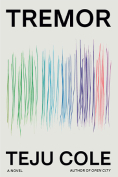

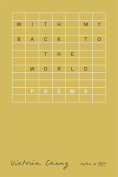
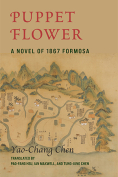


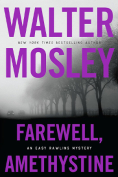
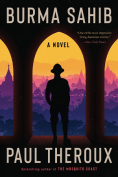
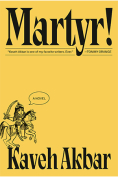

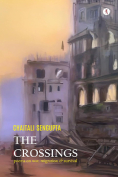
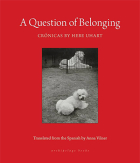
![The cover to [...] by Fady Joudah](/sites/worldliteraturetoday.org/files/styles/backissue_small/public/Joudah.jpg?itok=HZO1_68A)
